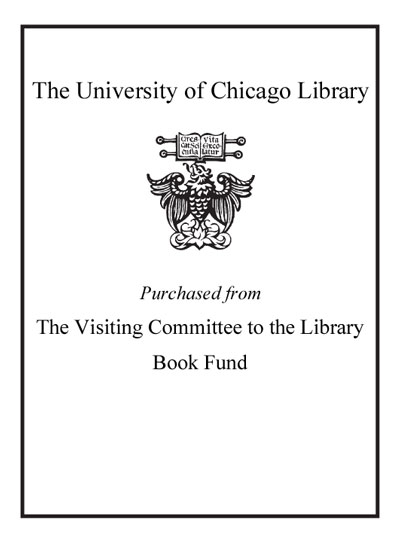Review by Choice Review
A pioneer of the field of religious studies, Smart (Univ. of California, Santa Barbara) presents an overview of the historical development of the world's philosophies and religions. While he devotes three chapters to Greek, European, and North American philosophies, he has 11 dealing with Hindu, Buddhist, Chinese, Korean, Japanese, Islamic, Jewish, South American, and African theologies and philosophies. He is particularly concerned with noting how concepts and theories of Western thinkers have parallels in Eastern thought. He focusses on the essential features of each view and is adept at delineating them in clear, nontechnical terms, but he assumes a wide background and vocabulary in his readers. An equally comprehensive work is David E. Cooper's World Philosophies: An Historical Introduction (CH, Apr'96), whose coverage is the opposite of Smart's--only a third of his text deals with non-Western thought. Most readers will turn to these books primarily for insight into non-Western thinking. They will do better to start with Cooper for an uncomplicated survey, then turn to Smart for a more detailed study of the various authors and schools. For larger collections. G. J. Dalcourt Seton Hall University
Copyright American Library Association, used with permission.
Review by Library Journal Review
Smart (The World's Religions, LJ 11/1/98) presents a narrative history arranged geographically. After an introductory outline chapter, the concepts that arose on the ancient subcontinent of India, in Chinese antiquity, and so on, are developed culture by culture and epoch by epoch. Smart weaves an explanation of religious developments among Hindus, Buddhists, Jews, Muslims, and Christians into nearly as thorough a tapestry as his presentation of secular thought. This seems wholly appropriate, given how religious ideas traditionally suffuse philosophical ones, but, in many cases, the author's interest in religious nuance downplays the distinction between religion and philosophy. Most troubling in this large and academic text is the complete lack of quotation and, too often, the absence of particular vocabulary developed by the philosophers and movements under discussion. The exhaustive chapter-by-chapter bibliographies range widely to include reference works, primary sources, and popular works. For academic collections.Francisca Goldsmith, Berkeley P.L., CA (c) Copyright 2010. Library Journals LLC, a wholly owned subsidiary of Media Source, Inc. No redistribution permitted.
(c) Copyright Library Journals LLC, a wholly owned subsidiary of Media Source, Inc. No redistribution permitted.
Review by Choice Review
Review by Library Journal Review

